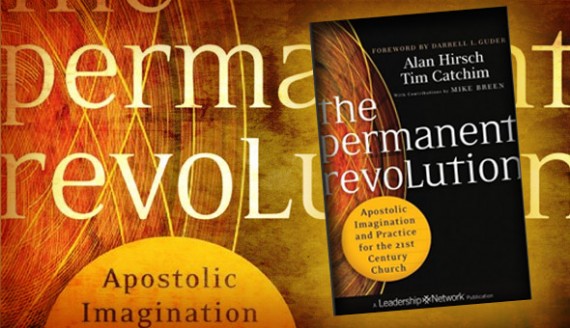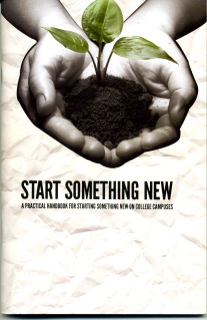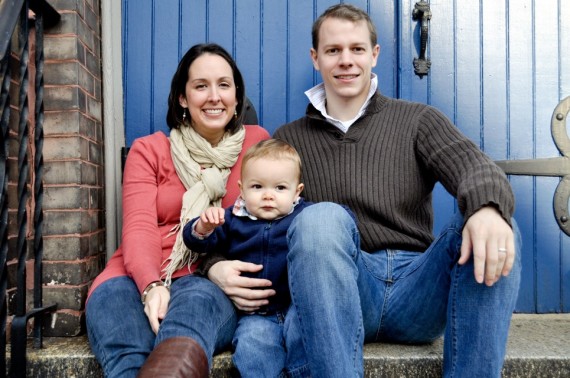I’ve been thinking again about John Wesley lately.
That might normally be weird. But I find myself going back to this European believer from the 18th century. For one, he was a premier evangelist, and would take his message to the mines to make sure the miners, who wouldn’t normally step into a church, would hear about the message of Jesus. In a time when it was often considered wrong to preach outside of a church building, it was a courageous step.
At the same time, and perhaps more importantly, he thought preaching alone wasn’t enough. Here’s a quote that I took from James Bryan Smith’s The Good and Beautiful God:
In one stark entry in Wesley’s journal, he commented on a time when he failed to establish societies and classes in a region where he had preached. He returned twenty years after a great revival in a region called Pembrokeshire and was grieved to see that no evidence of their evangelistic success remained. He concluded:
“I was more convinced than ever that the preaching like an apostle, without joining together those that are awakened and training them up in the ways of God, is only begetting children for the murderer. How much preaching has there been for these twenty years all over Pembrokeshire! But no regular societies, no discipline, no order or connection. And the consequence is that nine in ten of those once awakened are now faster asleep than ever.”
It’s clearly a cautionary tale. But it’s also amazing that he learned from it, and became unwilling to preach unless structures were put in place to help the new believers continue to mature. It wasn’t either/or for him:
he called people to make decisions for faith, and still wanted to create the structures that would encourage relationships and a growing faith within the community.











